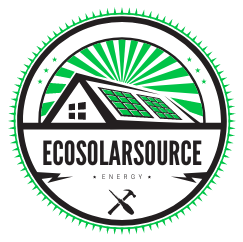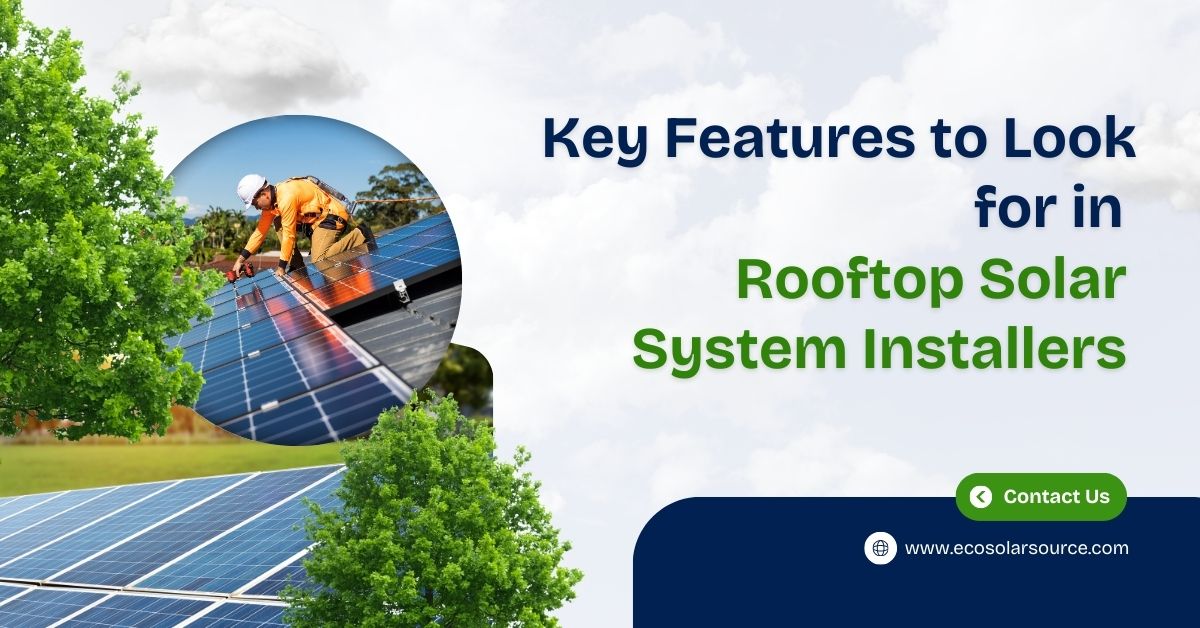Key Features to Look for in Rooftop Solar System Installers
Know the details about Key Features to Look for in Rooftop Solar System Installers, When choosing rooftop solar system installers, prioritize experience and certifications, such as NABCEP, which ensure expertise in solar technology. Look for comprehensive warranties on both equipment and installation to guarantee long-term support. A reliable installer will provide customized designs that match your energy needs, roof structure, and aesthetic preferences.
Review their track record through customer testimonials and case studies. Ensure they handle permits, inspections, and grid connections, simplifying the process. Clear pricing with no hidden costs and a thorough breakdown of expected savings and timelines are essential. Finally, choose an installer offering robust maintenance and monitoring services for optimal performance.
Table of Contents
Key Features to Look for in Rooftop Solar System Installers
As the world moves towards a more sustainable future, many homeowners and businesses are seeking ways to reduce their carbon footprint and save on energy costs. One of the most effective solutions is installing rooftop solar panels. However, choosing the right solar system installer is crucial to ensure that the investment yields long-term benefits. The installer plays a critical role in determining the quality, efficiency, and durability of your solar energy system. This blog will delve into the key features to look for in rooftop solar system installers, helping you make an informed decision.
Experience and Expertise
When it comes to installing a rooftop solar system, experience is paramount. Solar energy systems are complex, and any mistake during installation can lead to inefficiencies, equipment failure, or even safety hazards. An experienced installer will have a deep understanding of the technical aspects involved, ensuring that the system is installed correctly and functions optimally.
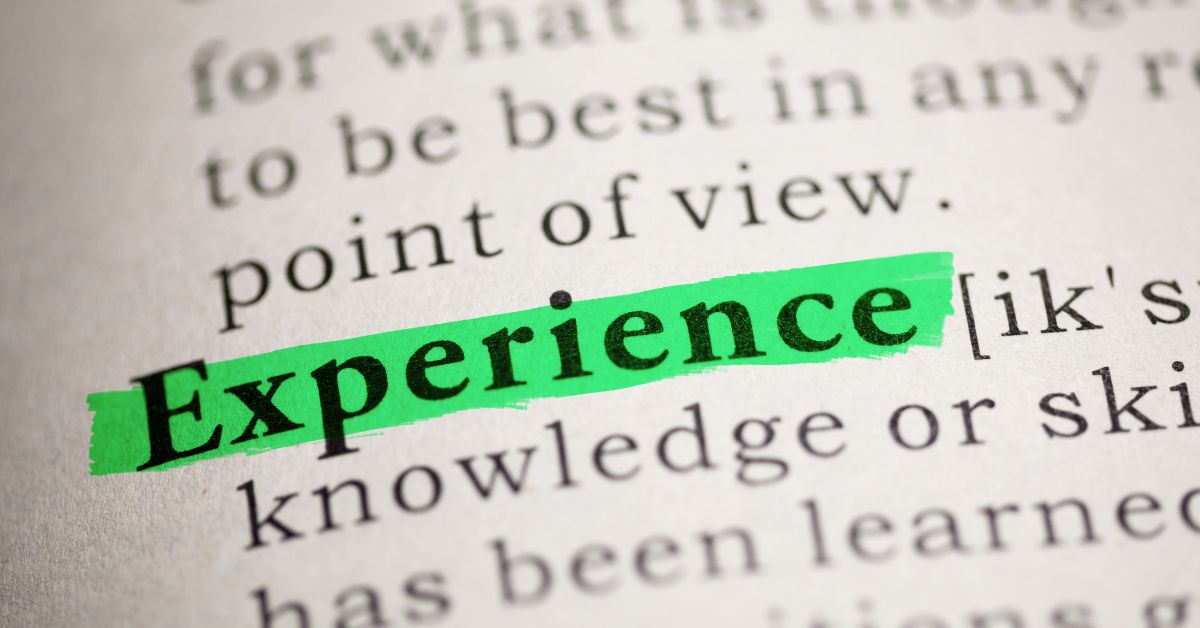
Look for installers who have a proven track record in the industry. This includes checking how many years they’ve been in business, the number of installations they’ve completed, and their familiarity with various types of solar systems. A seasoned installer will also be well-versed in local regulations, building codes, and industry standards, which is critical for obtaining necessary permits and avoiding legal issues.
Key questions to ask:
- How many years of experience do you have in the solar industry?
- Can you provide references or examples of past installations?
- What certifications or licenses do your team members hold?
Licensing and Certifications
Licensing and certification are essential indicators of a qualified and reliable solar installer. In most regions, solar installers are required to hold specific licenses to operate legally. These licenses ensure that the installer meets the minimum standards for safety and professionalism. Be sure to check whether the installer is licensed by the appropriate local or national authorities.
In addition to licensing, look for certifications from reputable organizations such as the North American Board of Certified Energy Practitioners (NABCEP). NABCEP certification is widely recognized in the solar industry as a mark of excellence and expertise. Installers with this certification have undergone rigorous training and testing to demonstrate their competency in designing and installing solar energy systems.
Key questions to ask:
- Do you hold the necessary licenses to install solar systems in my area?
- Are your team members certified by any industry-recognized organizations?
- How do you stay updated on industry best practices and technological advancements?
Reputation and Reviews
A good reputation is a strong indicator of a trustworthy installer. With the rise of online review platforms, it’s easier than ever to research a company’s reputation before committing to a contract. Websites like Google Reviews, Yelp, and the Better Business Bureau (BBB) allow customers to leave feedback on their experiences with various service providers.
While it’s normal to see a mix of positive and negative reviews, pay attention to patterns. If multiple customers report the same issues, such as poor communication or subpar workmanship, this may be a red flag. Additionally, look for testimonials from previous clients who have had their solar systems installed for several years. This will give you insight into the long-term performance of the installations.
Key questions to ask:
- Can you provide references or customer testimonials?
- Do you have any online reviews I can read?
- How do you handle customer complaints or concerns?
Warranties and Guarantees
Solar energy systems are a long-term investment, so it’s important to choose an installer who offers comprehensive warranties and guarantees. A good warranty not only covers the equipment itself but also on the installation workmanship. This ensures that if any issues arise after the installation, the installer will take responsibility for repairs or replacements at no additional cost to you.
Most reputable solar panel manufacturers offer product warranties ranging from 10 to 25 years, which cover defects in materials and performance. However, the installation warranty, provided by the installer, is equally important. This warranty typically covers labor and workmanship and should last for at least 5 to 10 years.
Key questions to ask:
- What warranties do you offer on the equipment and installation?
- What does the installation warranty cover, and for how long?
- How do you handle warranty claims?
Quality of Equipment and Technology
Not all solar panels and inverters are created equal. The quality of the equipment used in your solar energy system will significantly impact its efficiency, durability, and overall performance. A reputable installer should be able to recommend high-quality products that suit your specific needs and budget.
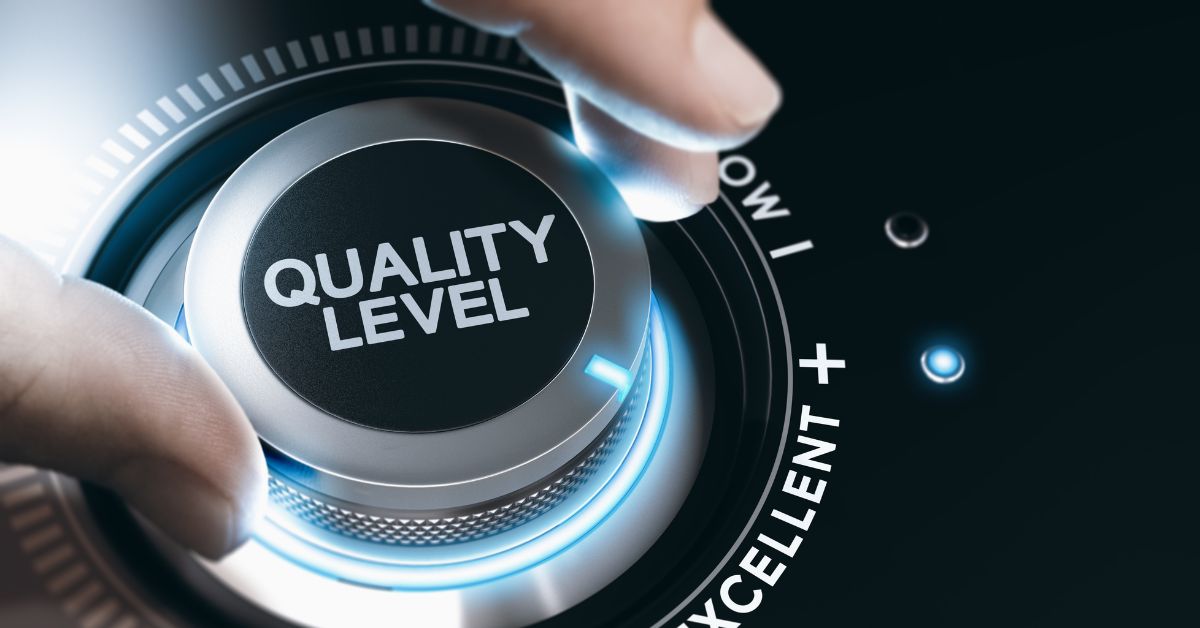
When evaluating the equipment, consider factors such as efficiency ratings, manufacturer reputation, and the technology used. For example, monocrystalline solar panels are known for their higher efficiency and longer lifespan compared to polycrystalline panels. Additionally, inverters play a crucial role in converting the DC power generated by the panels into usable AC power for your home or business. Choosing a high-quality inverter will ensure smooth and reliable energy conversion.
Key questions to ask:
- What brands of solar panels and inverters do you work with?
- How do you determine which equipment is best for my system?
- Can you explain the differences between the equipment options available?
Custom System Design
Every property is unique, and a one-size-fits-all approach to solar installations is rarely effective. A good solar installer will take the time to design a custom system tailored to your specific needs, taking into account factors such as your energy usage, roof orientation, shading, and local climate.
The design process should begin with a thorough site assessment, during which the installer will evaluate your roof’s condition, angle, and surface area. They will also analyze your energy consumption patterns to ensure that the system is appropriately sized to meet your needs. A well-designed system will maximize energy production while minimizing costs and ensuring a good return on investment.
Key questions to ask:
- Do you conduct an on-site assessment before designing the system?
- How do you calculate the optimal system size for my property?
- Will the system design take into account future energy needs or potential expansions?
Knowledge of Local Incentives and Regulations
One of the benefits of installing solar panels is the potential to take advantage of government incentives and tax credits. However, navigating the various rebates, tax credits, and financing options can be overwhelming. A knowledgeable installer will be familiar with the local incentives available in your area and can help you maximize your savings.
Additionally, solar installations are subject to local building codes and permitting requirements. An experienced installer will know how to navigate the permitting process efficiently, ensuring that your installation complies with all regulations and that the necessary approvals are obtained.
Key questions to ask:
- What incentives, rebates, or tax credits are available in my area?
- Will you handle the paperwork and applications for permits and incentives?
- How do local regulations impact the installation process?
Transparent Pricing and Detailed Proposals
Solar energy systems can be a significant financial investment, so it’s important to choose an installer who is upfront about pricing and provides detailed proposals. A good installer will offer a clear, itemized quote that outlines all costs associated with the installation, including equipment, labor, permits, and any additional fees.
Be wary of installers who provide vague or overly optimistic estimates. While it’s natural to look for competitive pricing, the cheapest option is not always the best. A low initial quote may indicate that corners will be cut during the installation process or that inferior equipment will be used.
Key questions to ask:
- Can you provide a detailed, itemized quote?
- Are there any hidden fees or additional costs I should be aware of?
- How do you calculate the estimated savings and payback period?
Customer Service and Communication
The quality of customer service you receive from your solar installer can make or break the entire experience. Installing a rooftop solar system is a complex process that requires ongoing communication between you and the installer. A good installer will be responsive, transparent, and willing to answer any questions or concerns you may have.
Throughout the project, from the initial consultation to post-installation support, clear communication is essential. You should feel confident that the installer is keeping you informed at every step of the process and that they are easily accessible if any issues arise.
Key questions to ask:
- How do you communicate with clients during the installation process?
- Who will be my main point of contact?
- What is your process for addressing customer concerns or problems?
Post-Installation Support and Maintenance
Once your solar energy system is installed, it will require occasional maintenance to ensure optimal performance. A reputable installer should offer post-installation support, including regular maintenance services, system monitoring, and troubleshooting assistance.
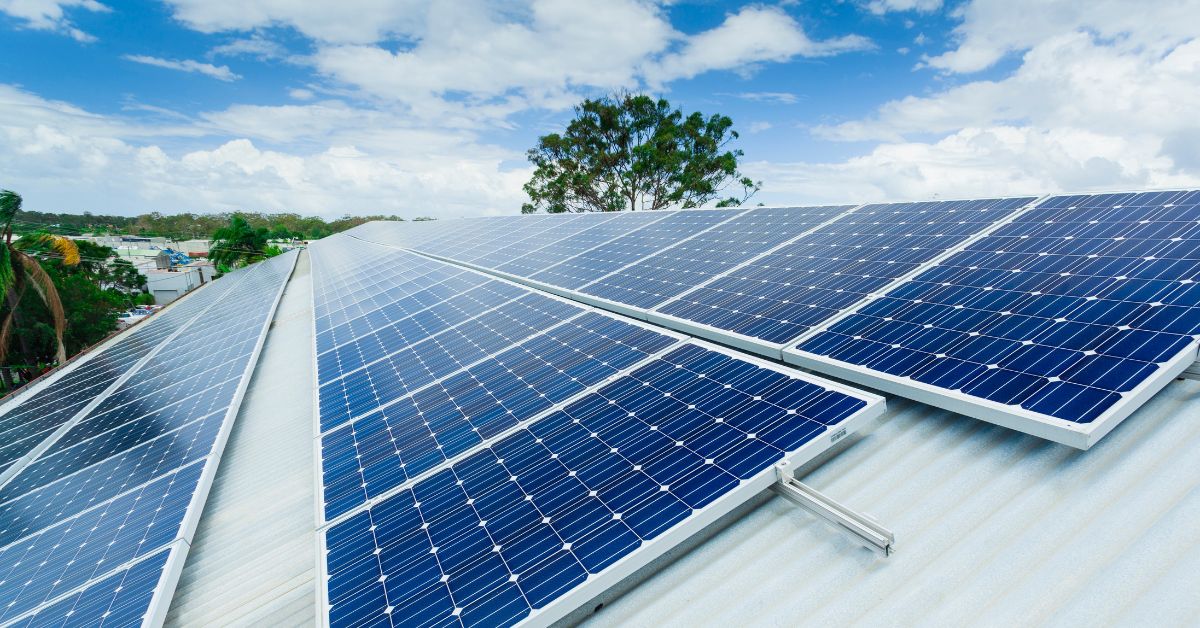
Ask about the installer’s maintenance packages and whether they provide monitoring tools that allow you to track your system’s performance in real-time. Some installers offer maintenance services as part of the warranty package, while others may charge an additional fee. Either way, it’s important to know what to expect in terms of ongoing support.
Key questions to ask:
- Do you offer post-installation maintenance services?
- How do you monitor system performance after installation?
- What should I do if I encounter an issue with my system?
Commitment to Safety
Safety is a critical consideration when installing a rooftop solar system. Improper installation can lead to electrical hazards, roof damage, or even fires. A professional installer will prioritize safety by following industry standards and best practices.
Look for installers who emphasize the importance of safety and adhere to Occupational Safety and Health Administration (OSHA) guidelines. They should also have insurance coverage to protect you and your property in case of accidents or damage during the installation.
Key questions to ask:
- What safety protocols do you follow during installation?
- Are your installers trained in OSHA safety guidelines?
- Do you have insurance coverage for potential damage or accidents?
Environmental and Ethical Considerations
Finally, it’s important to choose an installer who shares your commitment to sustainability and ethical business practices. Installing a solar energy system is an investment in renewable energy, so it’s worth working with a company that values environmental responsibility.
Some solar installers go the extra mile by sourcing equipment from manufacturers with sustainable production practices or by offsetting their carbon emissions. Additionally, consider whether the installer supports community initiatives, promotes fair labor practices, or contributes to environmental causes.
Key questions to ask:
- How do you ensure that the equipment you use is sustainably sourced?
- Do you have any environmental or corporate social responsibility initiatives?
- How do you minimize the environmental impact of your installations?
FAQs About Key Features to Look for in Rooftop Solar System Installers
Q1. What qualifications and certifications should a solar installer have?
Look for certifications like NABCEP (North American Board of Certified Energy Practitioners) or equivalent local certifications. These indicate the installer has met high standards in solar PV installation and design.
Q2. How important is experience in the solar industry?
Experience is critical. Installers with a proven track record can handle complex situations, know local codes, and are more likely to design an optimal system. Aim for companies with at least 5 years of experience.
Q3. What kind of warranties should I look for?
Check for workmanship warranties (often 5-10 years) in addition to manufacturer warranties on the panels and inverters. A reliable installer backs up their work, ensuring peace of mind and long-term system performance.
Q4. Does the installer handle the entire process, including permits and inspections?
A quality installer should manage all permitting, inspections, and regulatory approvals. This saves you time and ensures the system complies with local regulations.
Q5. How do I know if the installer uses high-quality materials and equipment?
Reputable installers use high-quality panels, inverters, and mounting systems from well-regarded brands. Ask for the specifications of these components to verify durability and efficiency.
Q6. Does the installer offer a thorough site assessment?
Reliable installers conduct a comprehensive site assessment, including roof evaluation, shading analysis, and energy usage review. This is essential for designing an efficient system that maximizes energy production.
Q7. What financing options does the installer provide?
Look for installers that offer a variety of financing options, such as loans, leases, or power purchase agreements (PPAs). This flexibility can make solar more affordable and accessible.
Q8. How important is the post-installation support and maintenance?
Choose an installer that provides ongoing support, maintenance, and monitoring. Solar systems require periodic checks to maintain efficiency, and support can be invaluable in case of issues.
Q9. What kind of customer reviews and references should I consider?
Check online reviews and ask for references. Positive testimonials and high ratings can indicate reliability and quality. Speaking with past customers can also provide insight into the installer’s service quality.
Q10. Does the installer provide energy production guarantees?
Some installers offer production guarantees, which ensure the system will generate a minimum amount of energy over a specified period. This can be an indicator of the installer’s confidence in their work and equipment quality.
Choosing the right rooftop solar system installer is a crucial step in ensuring the success of your solar energy project. By focusing on key features such as experience, licensing, reputation, warranties, equipment quality, and customer service, you can make an informed decision and enjoy the benefits of clean, renewable energy for years to come.
Take the time to thoroughly research potential installers, ask the right questions, and compare proposals to find the best fit for your specific needs. With the right installer by your side, you’ll be well on your way to harnessing the sun’s power and positively impacting both your wallet and the environment.
Click here to learn more about Key Features to Look for in Rooftop Solar System Installers
